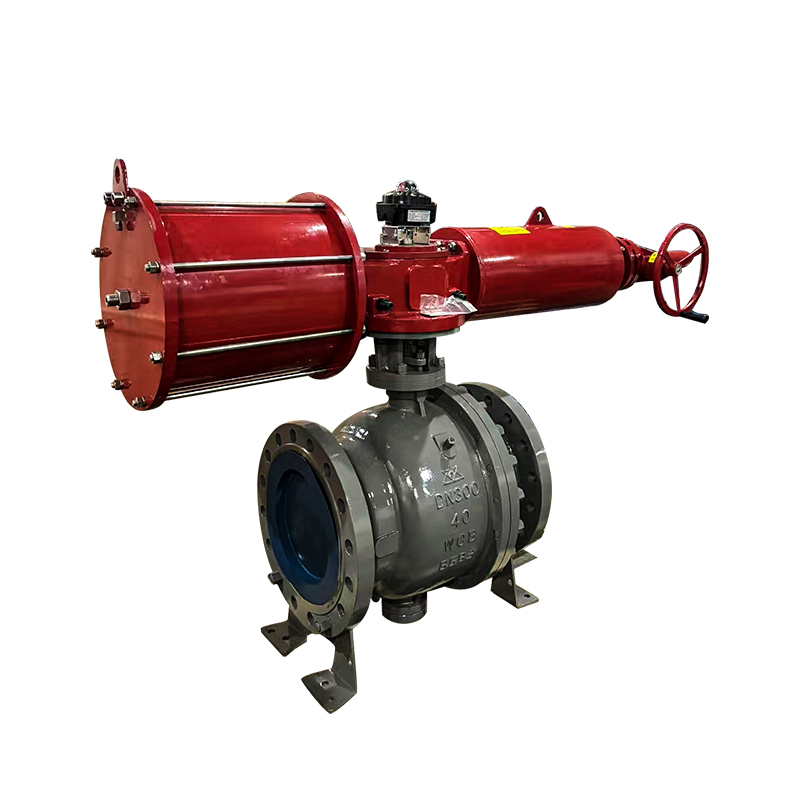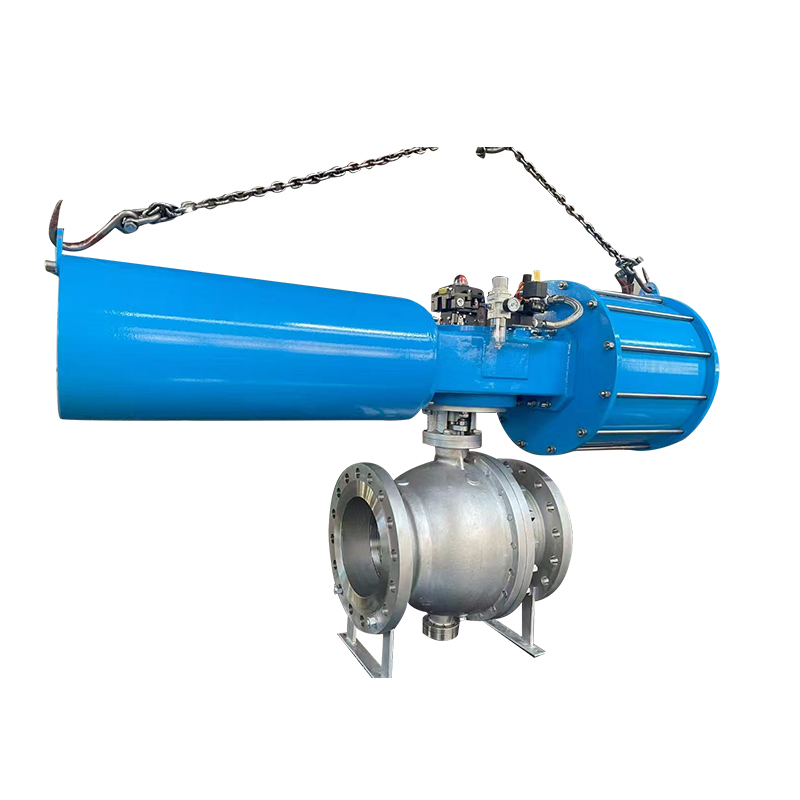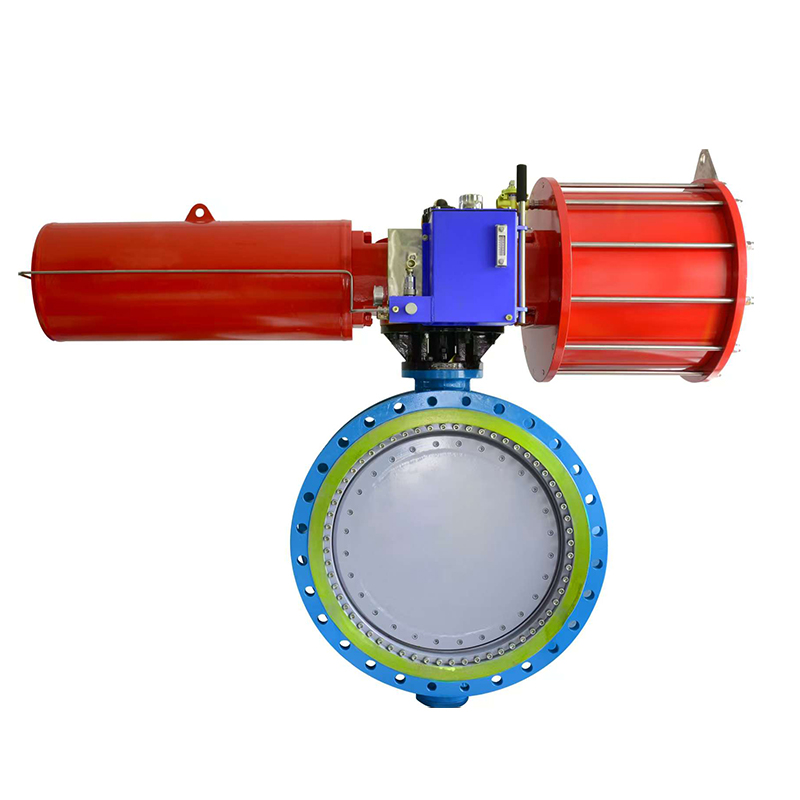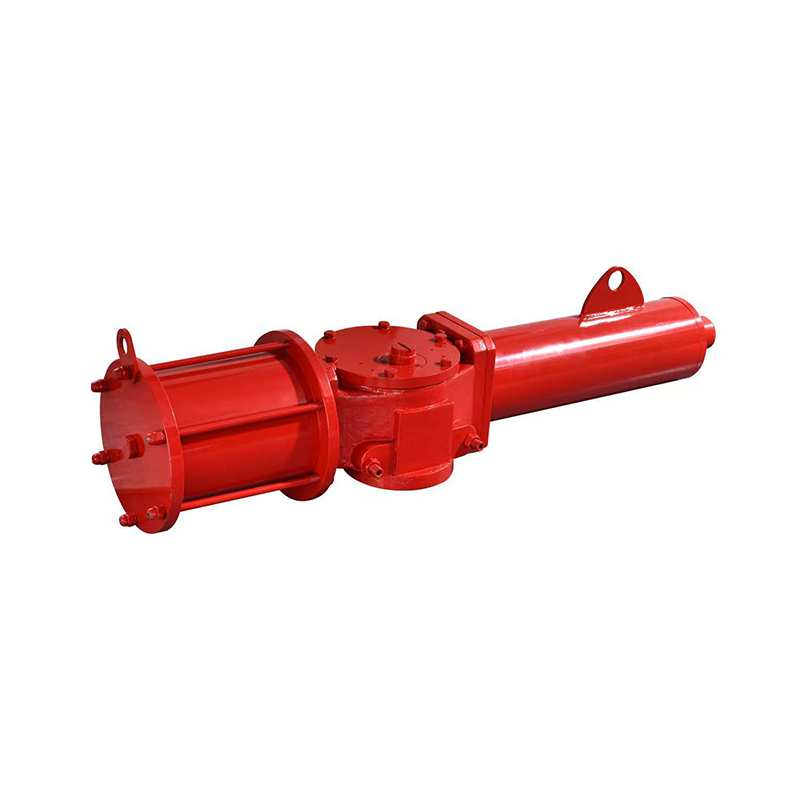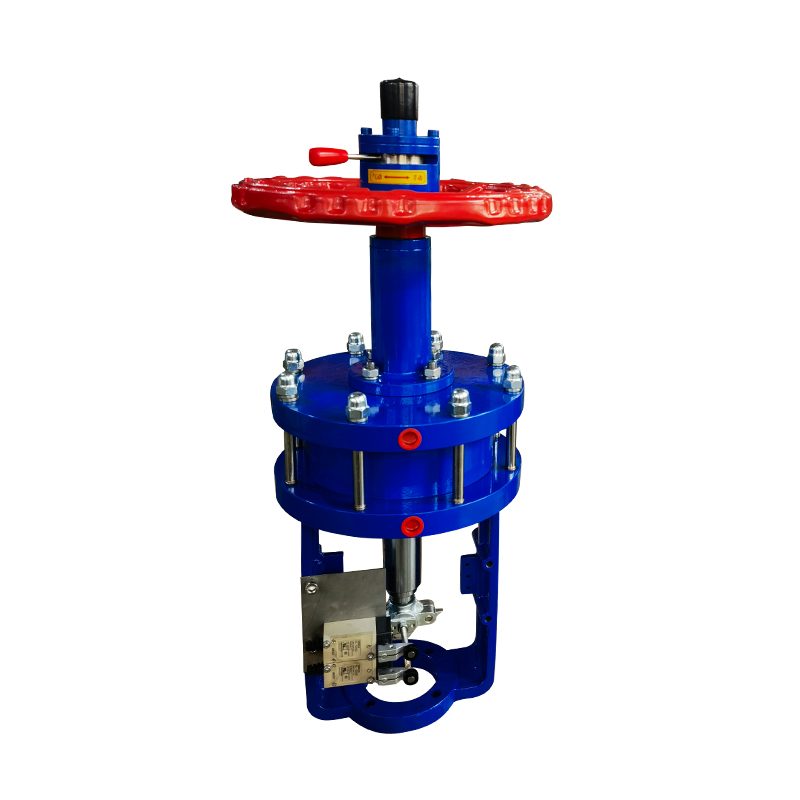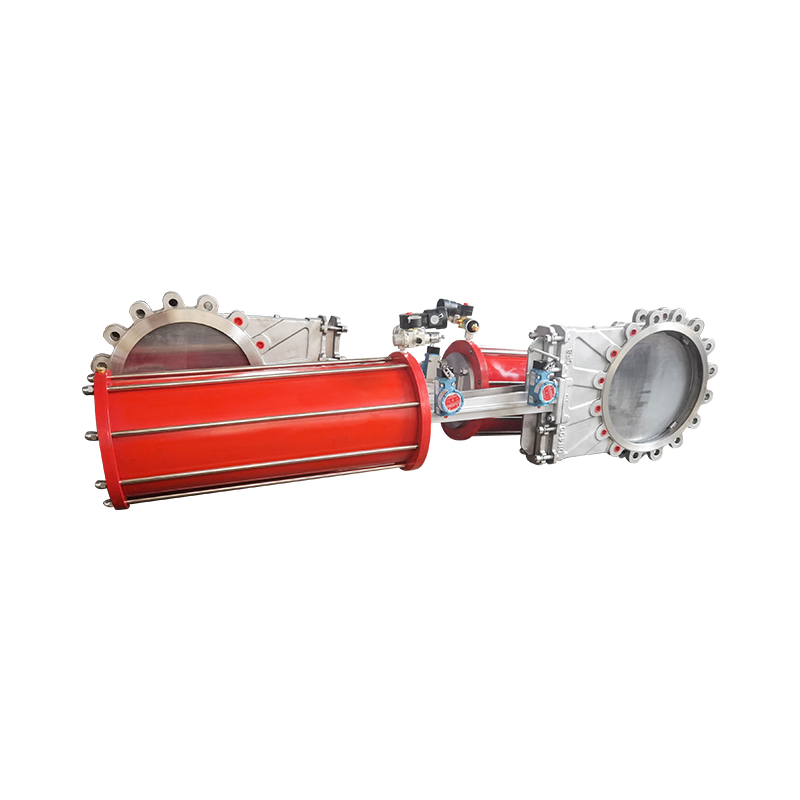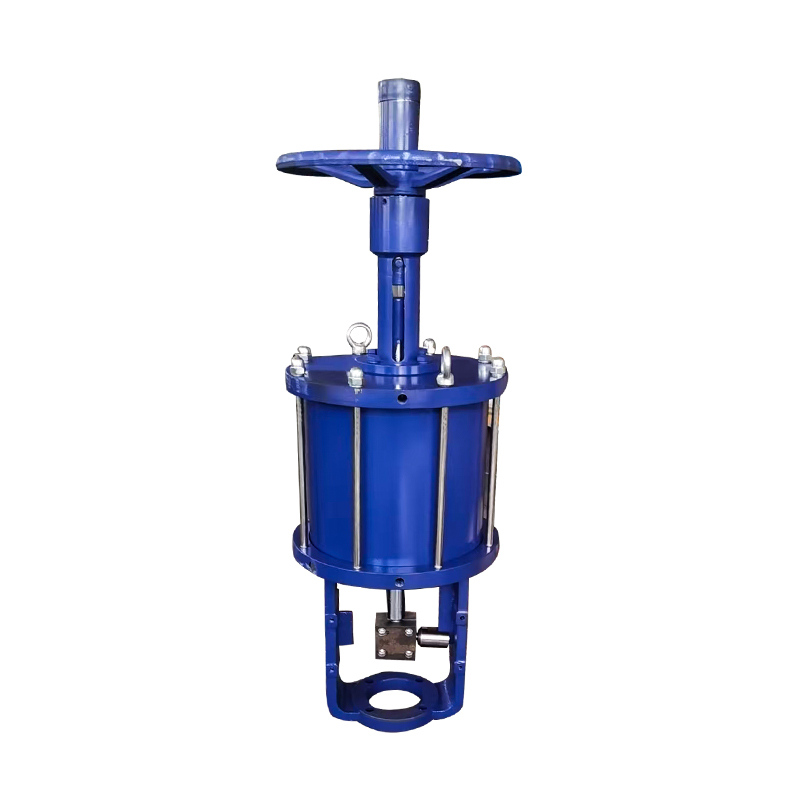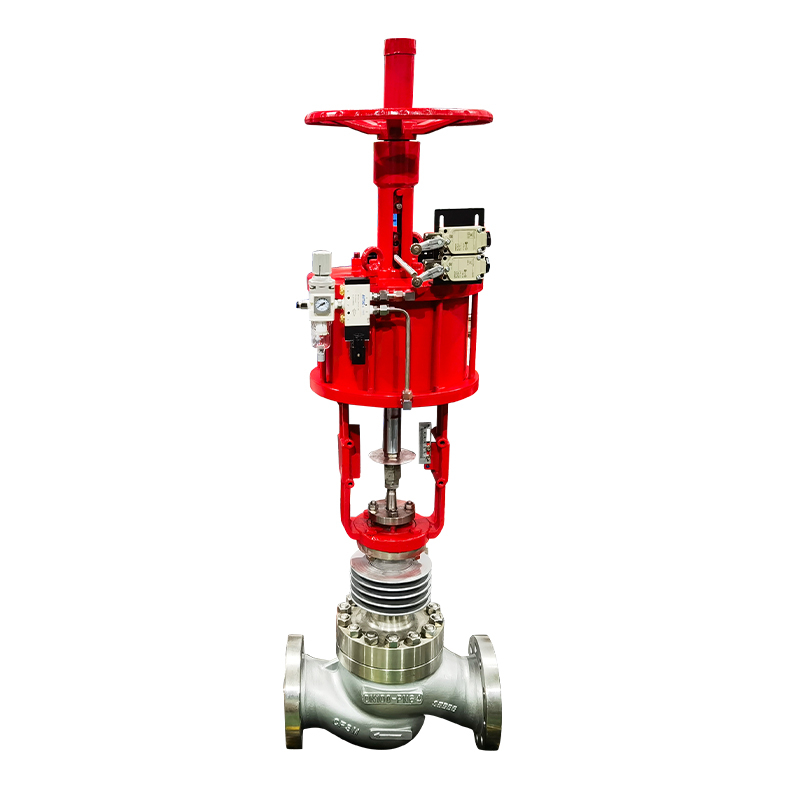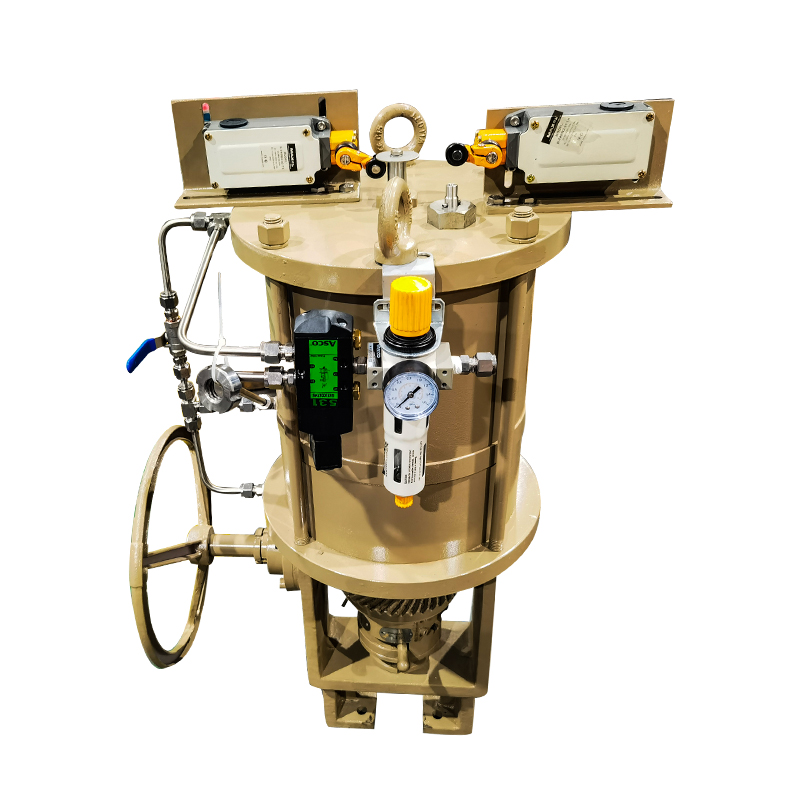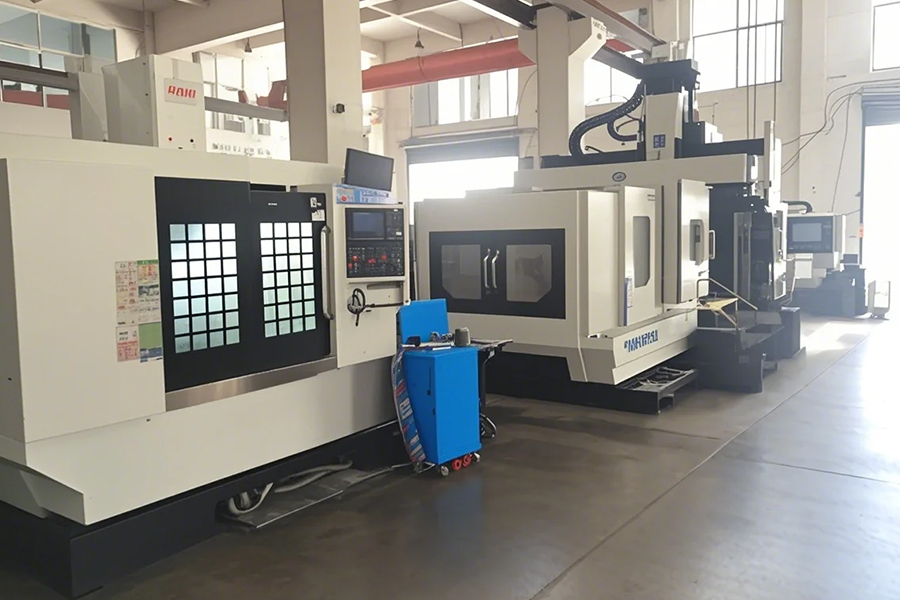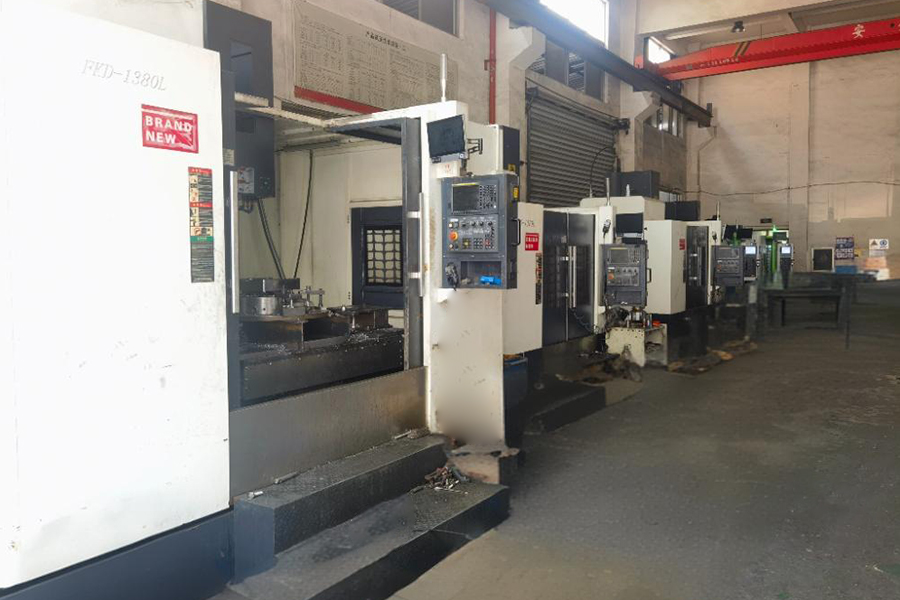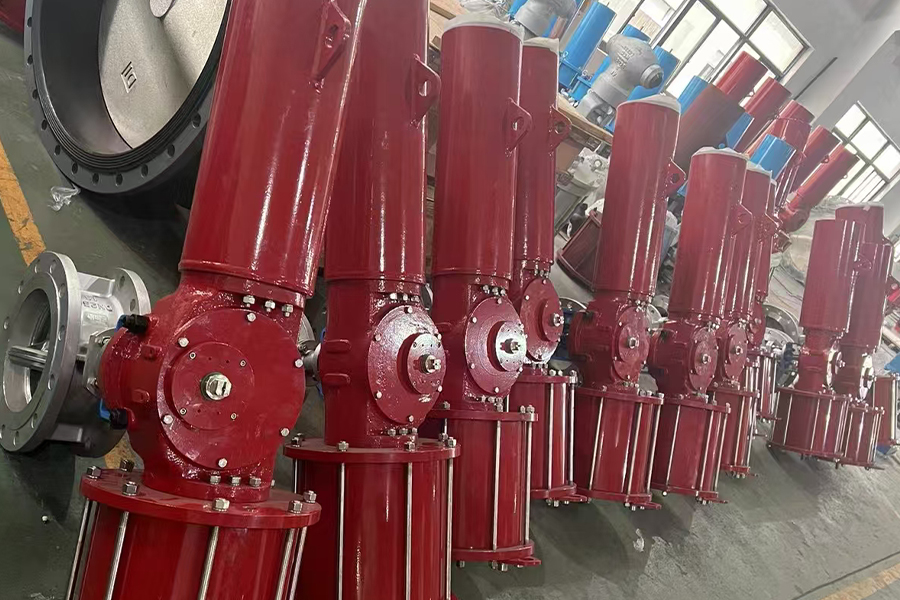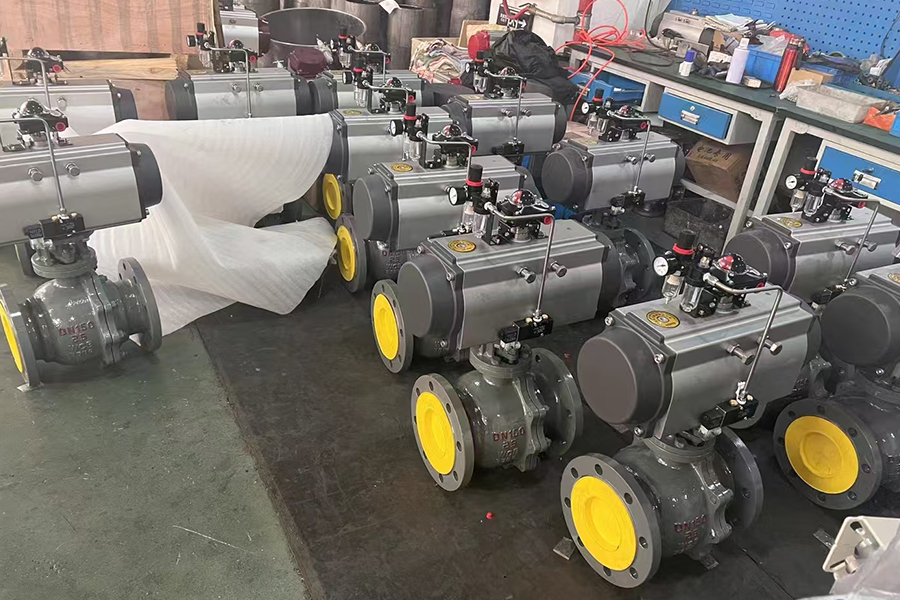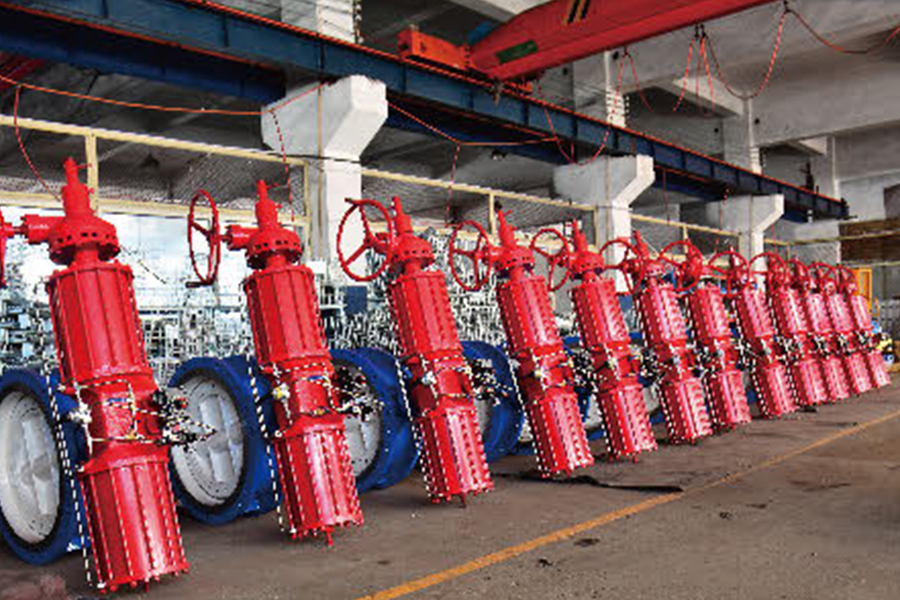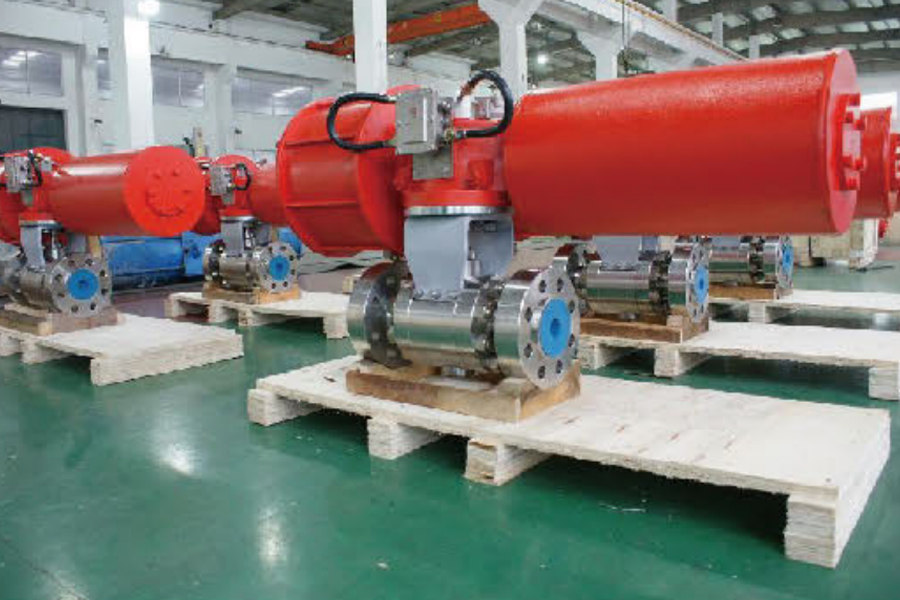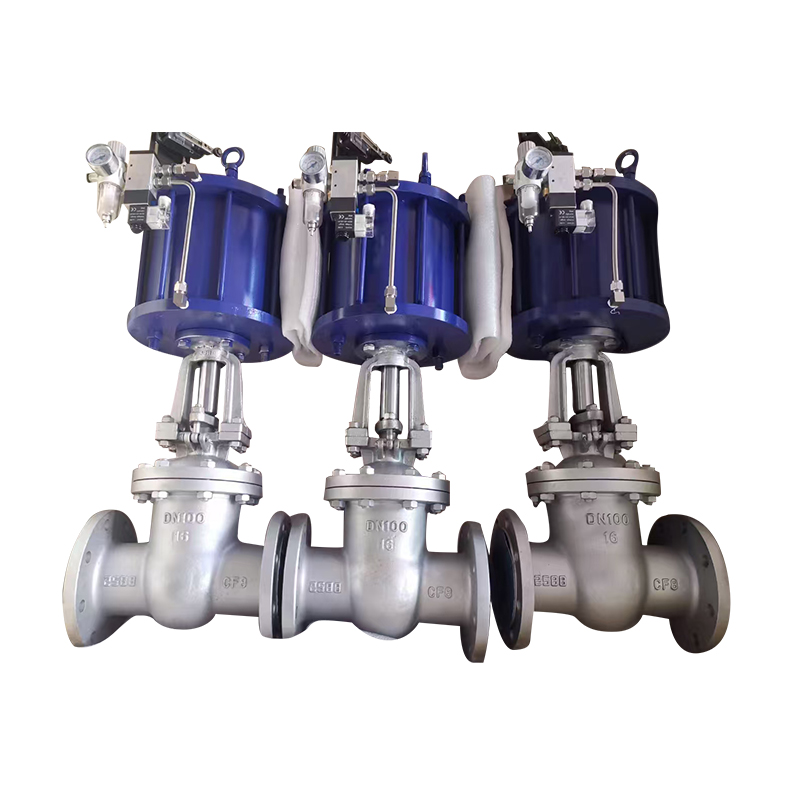
Pneumatic gate valves are widely used in industrial processes to control the flow of liquids, gases, or slurries. Their automation capability, quick response, and reliability make them a popular choice across various sectors. Selecting the right pneumatic gate valve, however, requires understanding your specific application needs, including material compatibility, pressure requirements, and environmental conditions. Working with a trusted pneumatic gate valve factory can help ensure that the chosen valve meets operational and safety standards.
Understanding Valve Types and Features
Pneumatic gate valves operate using compressed air to move a gate that opens or closes the flow passage. While the basic operation is similar across models, there are variations in design, materials, and actuator types. Valves may come with single-acting or double-acting pneumatic actuators, influencing how the valve responds in case of air supply failure. Choosing the correct actuator type for your application is essential to maintain process safety and efficiency.
Material selection is another important consideration. Valve bodies can be made from stainless steel, carbon steel, or other alloys depending on the fluid type, temperature, and pressure. The gate and sealing components must be compatible with the medium to avoid corrosion, leakage, or premature wear. A pneumatic gate valve factory can provide guidance on suitable materials and configurations for your operational needs.
Pressure and Temperature Considerations
Every application has unique pressure and temperature requirements. Pneumatic gate valves are designed to handle specific ranges, and exceeding these limits can cause to leaks, mechanical failure, or reduced lifespan. When selecting a valve, check the manufacturer's specifications for allowable pressure and operating temperature. Valves from a reliable pneumatic gate valve factory are usually tested under these conditions to ensure safe operation. Additionally, understanding the operating environment, including exposure to chemicals, moisture, or dust, can influence the choice of protective coatings or actuator enclosures.
Automation and Control Options
One of the advantages of pneumatic gate valves is their compatibility with automation systems. Many modern valves include position indicators, limit switches, or smart sensors that provide real-time feedback for process control. Selecting a valve with the appropriate control features can improve efficiency, reduce manual intervention, and enhance safety. Consulting with a pneumatic gate valve factory can help match valve features with the control system used in your facility.
Maintenance and Longevity
Durability and ease of maintenance are important factors in valve selection. Pneumatic gate valves with accessible components and standardized parts simplify routine inspections and repairs. Proper maintenance extends the valve's service life and reduces downtime, which is particularly important in high-volume industrial applications. A factory with experience in producing reliable pneumatic gate valves can advise on maintenance schedules, spare parts, and replacement procedures to ensure consistent performance.
Application-Specific Recommendations
Different industries, such as water treatment, chemical processing, and power generation, have varying requirements for pneumatic gate valves. Understanding the flow media, cycle frequency, and safety regulations is key to choosing the appropriate valve. A knowledgeable pneumatic gate valve factory can provide detailed recommendations based on operational data, helping you select a valve that balances efficiency, durability, and cost-effectiveness.
Choosing the right pneumatic gate valve involves more than just picking a model off the shelf. Material compatibility, actuator type, pressure and temperature ratings, automation features, and maintenance considerations all play a role in determining the suitable valve for your application. By working closely with a reputable pneumatic gate valve factory, operators can ensure that the selected valve meets operational requirements, safety standards, and long-term reliability. Careful selection and proper installation help maintain smooth processes while minimizing risks in industrial systems.








